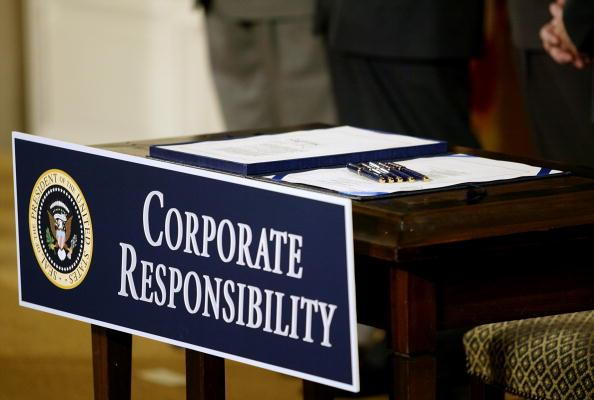
Supreme Court Rules Whistleblowers Do Not Have to Prove Retaliatory Intent Under Sarbanes-Oxley
- posted: Feb. 27, 2024
- Whistleblower Litigation
In a unanimous decision, the U.S. Supreme Court fortified the protection that whistleblowers have under the Sarbanes-Oxley Act (SOX). Previously, SOX whistleblowers had to meet a high bar by proving their employer had a retaliatory intent when firing them or taking some other adverse job action. This standard required plaintiffs to find evidence of the decision-makers’ mindset and allowed defendants to avoid liability by presenting an alternative reason for the termination.
Now, following the decision in Murray v. UBS Securities, whistleblowers only need to show that retaliation was a contributing factor in their adverse employment action, not the sole motive. This significantly lowers the burden of proof and makes it easier for whistleblowers to prevail. In the wake of this ruling, we might see significant changes in the manner that both sides handle these issues.
The case at hand involved Trevor Murray, a research analyst who felt he was being pressured by trading desk workers to write customer-facing reports in a way that would increase business for the company. Putting this type of spin on research materials is a SOX violation, and Murray complained to his supervisor about the pressure he was receiving from the trading desk. Subsequently, UBS fired Murray, claiming that his termination was based on cost-cutting rather than retaliation for his complaint.
While Murray won his whistleblower claim at trial, the Court of Appeals for the Second Circuit threw out the verdict, holding that he had proven the requisite retaliatory intent on the part of UBS. However, the
Supreme Court noted that this phrase was not part of the relevant statute and imposing such a high burden on whistleblowing plaintiffs ran counter to the purpose behind SOX. Accordingly, individuals in Murray’s situation now must only show that the report of misconduct was a contributing factor to the adverse job action. If so, the employer must then demonstrate that the firing or other action would have occurred even if the employee did not engage in protected whistleblowing activity.
Following the Murray verdict, employees who believe they were fired or demoted because they reported SOX violations should be more likely to pursue their claims in court now that they don’t have to eliminate other potential reasons for the potential job action. Employers in the financial industry and elsewhere should be very cautious about taking steps that could be construed as retaliation. Pointing to an alterative reason for their actions will not be sufficient to avoid liability.
At the Kardell Law Group, we help clients adjust to the latest developments in whistleblower law and provide exceptional representation in these cases when a claim arises.

